Have you ever noticed your cat acting differently right before you realize you’re stressed? Maybe they curl up a little closer to you, or perhaps they become restless and vocal. It’s enough to make any cat owner wonder: Do cats sense our stress before we even notice it ourselves? The idea is as fascinating as it is mysterious, and it draws us deeper into the enchanting world of feline intuition. Let’s unravel the science, the stories, and the surprising truths behind our cats’ uncanny ability to tune into our emotional states.
The Mysterious Bond Between Cats and Humans

The connection between cats and their owners can feel almost magical. People often describe their cats as being in tune with their moods, sometimes even more so than other humans. This close bond isn’t just imagined; it’s developed over thousands of years of companionship. Many cat owners report that their pets seem to know exactly when they need comfort, often appearing at their side during moments of worry or sadness. This deep relationship is built on subtle cues, mutual trust, and a shared home environment. The more time you spend together, the more attuned your cat becomes to your habits and feelings. It’s a partnership where words aren’t needed, only a gentle touch or a quiet gaze.
Understanding Feline Senses

Cats have senses that are far sharper than ours. Their keen hearing, sensitive noses, and acute vision allow them to pick up on changes in their environment that humans might miss. For example, a cat can hear the sound of your heartbeat from across the room or notice a slight change in your breathing pattern. These super senses are essential for survival in the wild, but in the home, they help cats pick up on tiny shifts in your behavior and mood. When you’re stressed, you might not notice the way your voice changes or how your footsteps become heavier, but your cat certainly does. Their heightened senses make them natural experts at detecting the subtle signals of human emotion.
Body Language: Cats Are Masters at Reading You
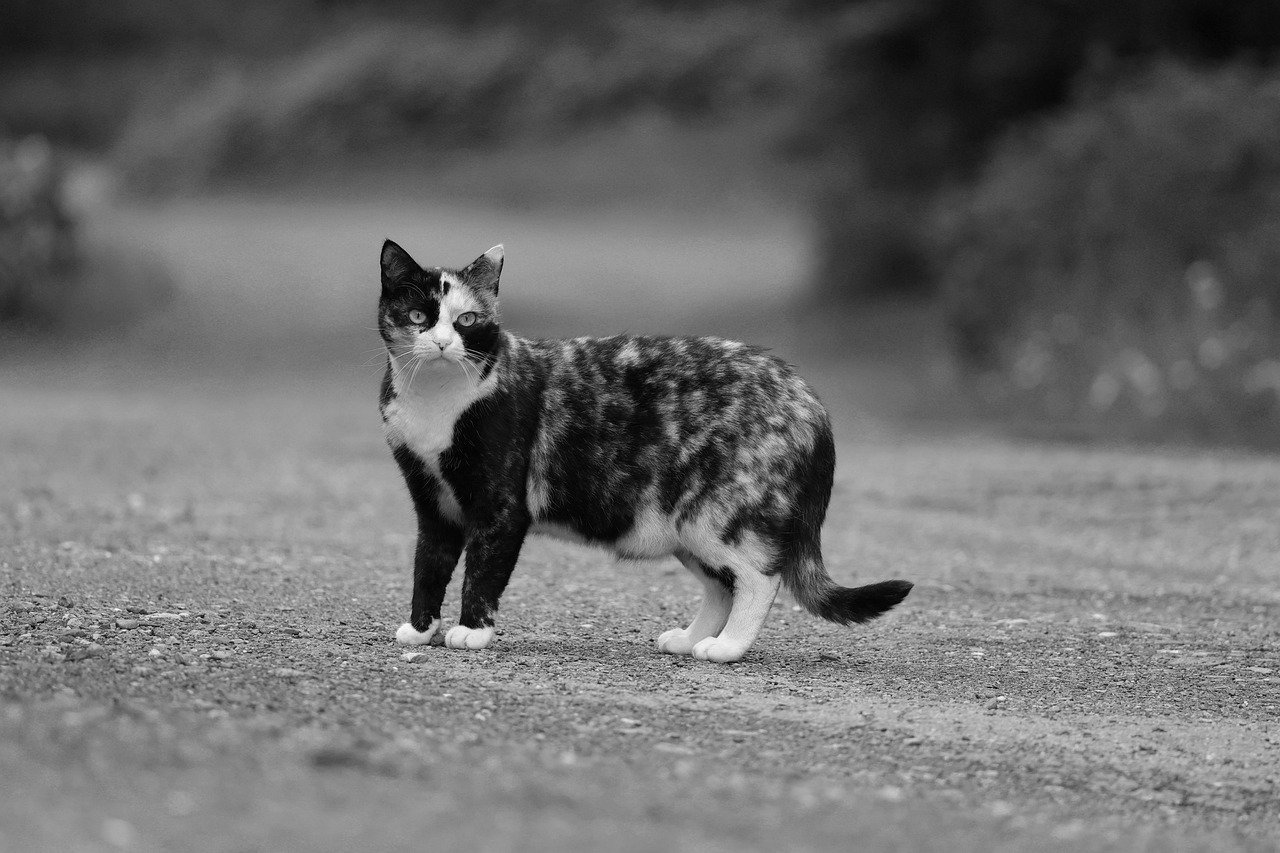
Cats are exceptional observers of body language. They watch everything you do, from the way you sit to the tilt of your head. If you slouch, sigh, or fidget when stressed, your cat is likely to pick up on these cues. Unlike dogs, who react to more overt gestures, cats notice the smallest details. They remember patterns and routines, so when you break them—like skipping playtime or speaking less—they quickly sense something is different. This ability to read your body language allows cats to respond to your stress even before you’re fully aware of it yourself.
Do Cats React to Human Pheromones?

Scientists believe that cats may be able to detect changes in human pheromones, the invisible chemical signals our bodies release. When you’re anxious or upset, your body chemistry shifts, and these changes can be picked up by your cat’s sensitive nose. They might not understand the exact emotion, but they sense that something is different. This could explain why some cats become clingy or affectionate when their owners are feeling down. It’s as if they’re responding to an emotional alarm that only they can hear.
Behavioral Changes in Cats During Owner Stress
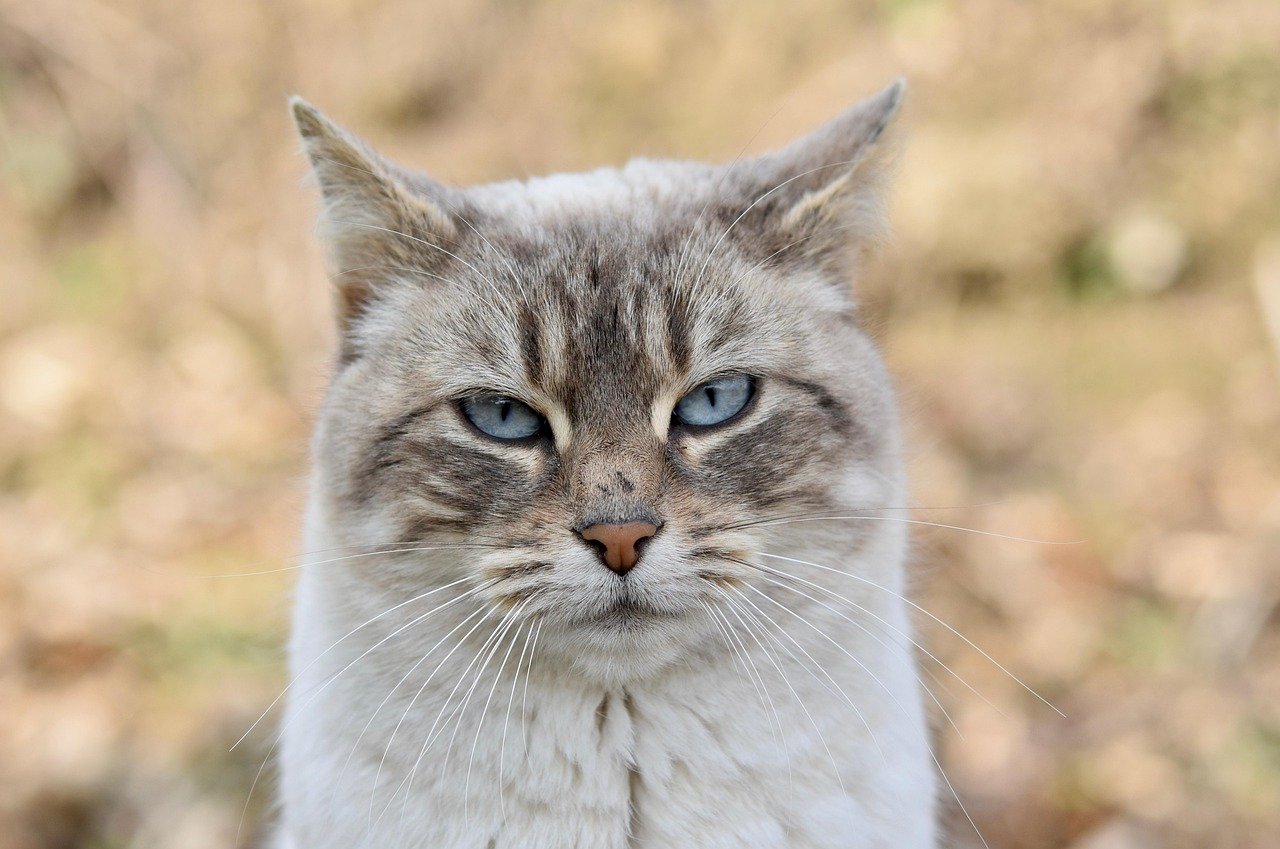
When their humans are stressed, some cats exhibit noticeable changes in behavior. You might find your cat seeking extra attention, following you from room to room, or even acting out by scratching furniture or refusing to eat. These behaviors can be their way of coping with the emotional tension in the house. Just as humans might react to stress by eating more or less, cats also show their feelings through changes in routine. Recognizing these signs can help owners provide the comfort and stability their cats need in stressful times.
Vocalizations: Cat Talk and Emotional States
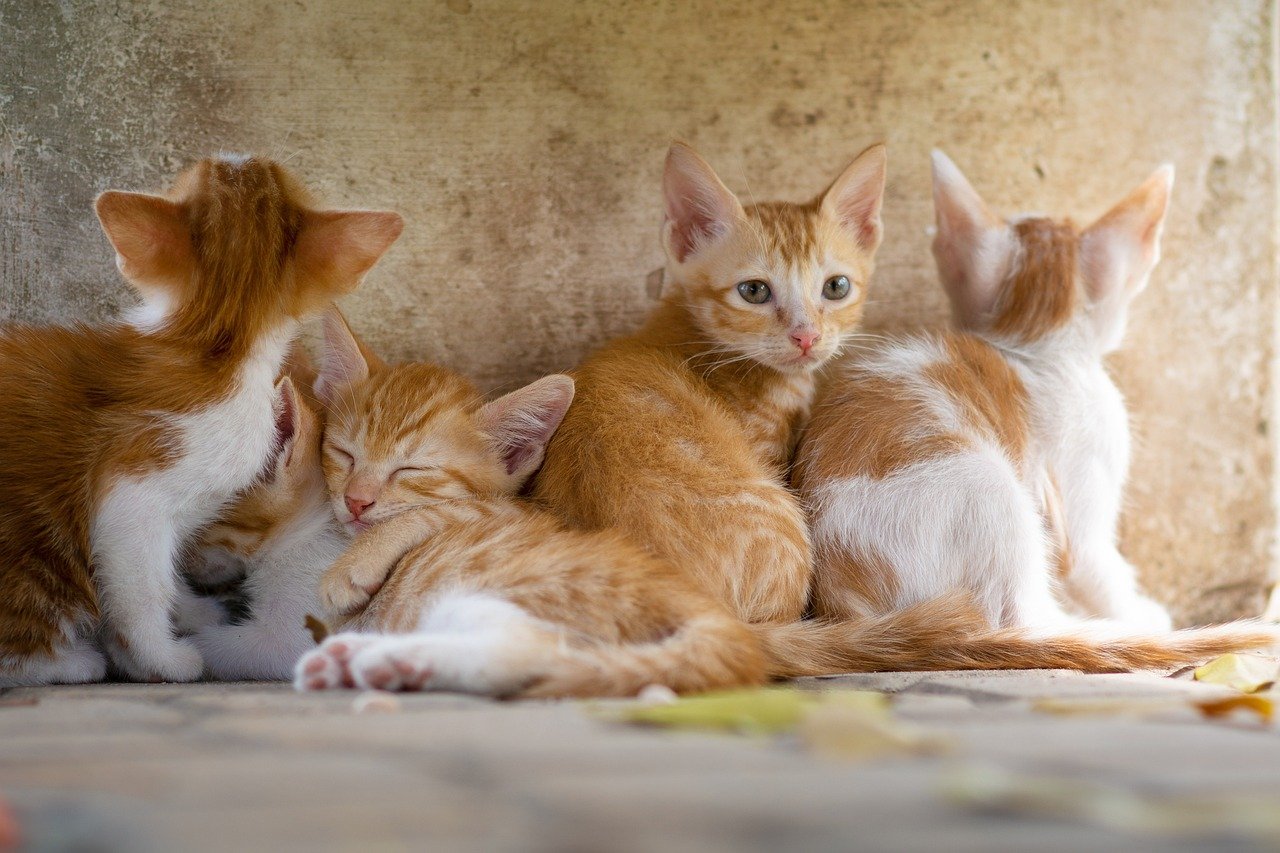
Have you ever heard your cat meow more than usual when you’re having a tough day? Cats use vocalizations to communicate not only with other cats but also with their humans. A sudden increase in meowing, purring, or even growling might be your cat’s way of expressing concern for you. They may be trying to get your attention or offer comfort in the only way they know how. These vocal cues are another layer of the complex communication system that makes cats such attentive companions.
Research on Emotional Contagion in Cats

Recent studies have started exploring the concept of emotional contagion between pets and owners. This means that emotions can “spread” from one individual to another, even across species. Some research suggests that cats do mirror the stress levels of their owners, displaying signs of anxiety or calmness depending on the human’s emotional state. This is a groundbreaking discovery, as it shows our emotions don’t just influence other humans—they can affect our pets as well. It’s a powerful reminder that our mental well-being impacts the furry friends who share our homes.
The Role of Routine and Familiarity

Cats thrive on routine. They like knowing when they’ll be fed, when it’s time to play, and when the house will be quiet. Stress in the household often disrupts these routines, and cats are quick to notice. If you suddenly start working late or change your daily habits, your cat might become anxious or unsettled. Their sensitivity to routine is another way they pick up on stress, sometimes before you even realize your own habits have shifted. Keeping a consistent schedule can help both you and your cat stay calm during turbulent times.
Case Studies: Real Cat Owners Share Their Stories

Many cat owners have heartwarming stories about their pets sensing stress. One woman recalls her normally aloof cat crawling into her lap and purring steadily during a family crisis. Another describes her cat placing a gentle paw on her arm during a panic attack, refusing to leave her side until she felt better. These anecdotes are more than just cute stories—they’re powerful examples of the intuitive connection between cats and humans. Such experiences often leave a lasting impression, deepening the bond between owner and pet.
How Cats Physically Comfort Their Owners
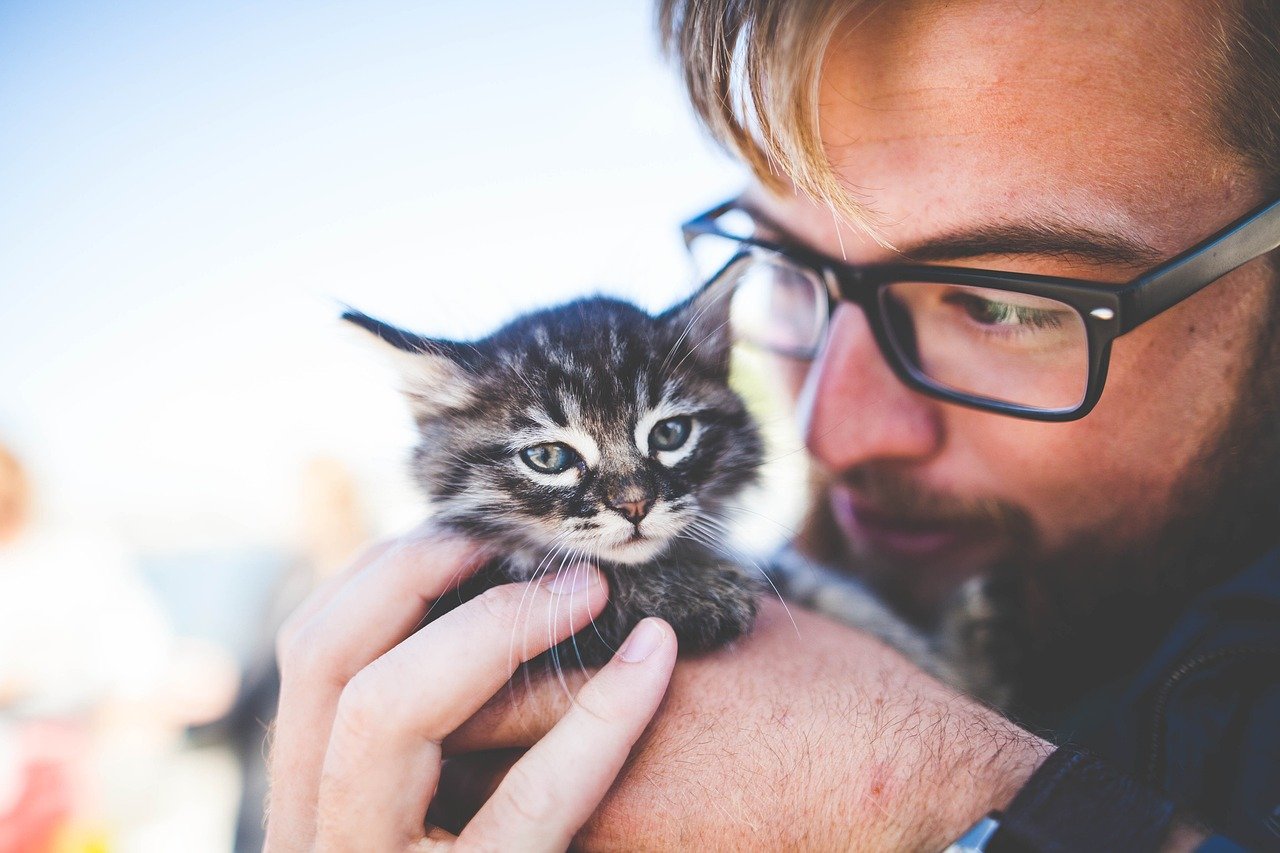
Cats have a unique way of offering comfort. They might curl up on your chest, press their head against you, or knead with their paws. These actions aren’t random; they’re instinctive behaviors meant to soothe both themselves and their humans. The gentle pressure of a cat’s body, the soft sound of their purring, and their warm presence can be incredibly calming during stressful moments. It’s as if your cat is saying, “I’m here for you,” in the sweetest way possible.
Do Cats Get Stressed Too?
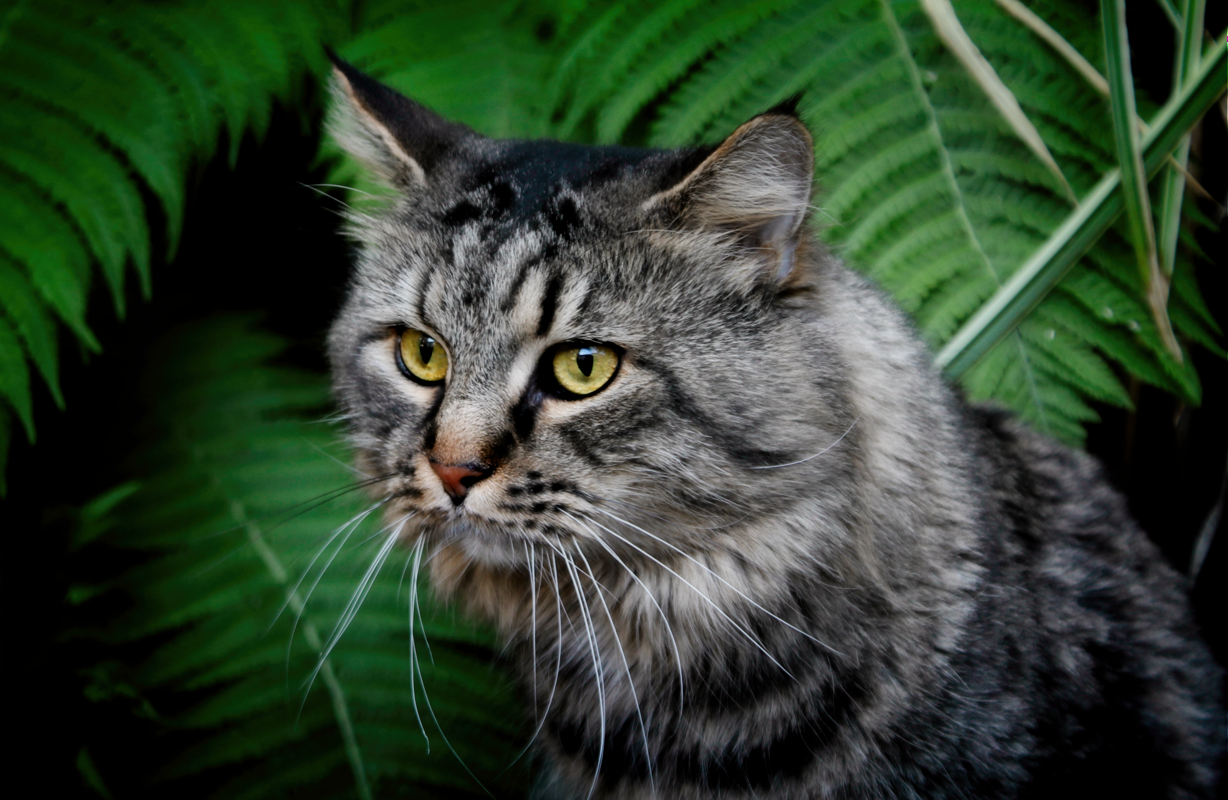
Just like humans, cats can experience stress—and sometimes, it’s because they’re picking up on your emotions. When owners are anxious, cats might hide, become agitated, or even develop physical symptoms like hair loss or digestive issues. It’s a two-way street: your stress can impact your cat, and their stress can, in turn, affect you. This emotional feedback loop highlights the importance of caring for both your own well-being and that of your feline friend.
Differences in Cat Personalities
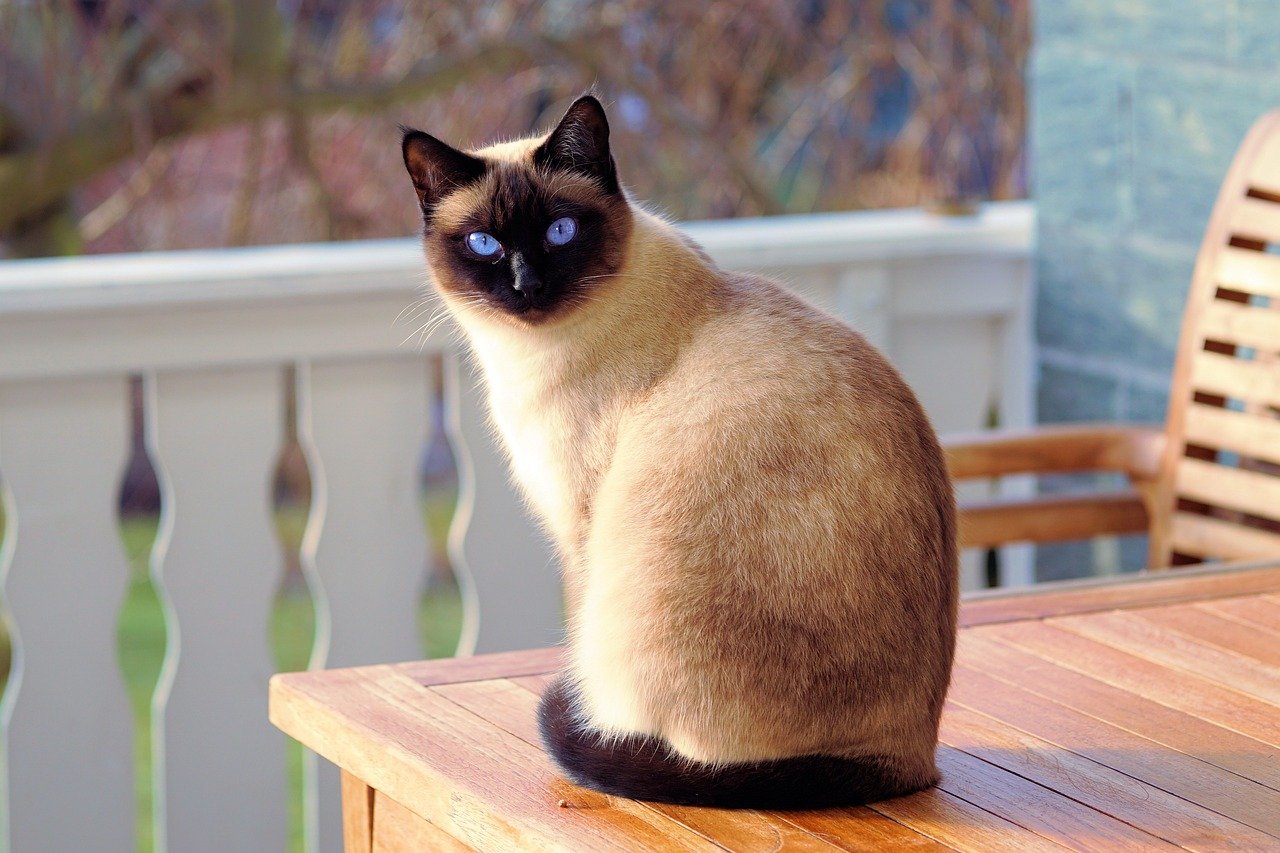
Not all cats respond to stress in the same way. Some are natural nurturers, always ready to offer a comforting nuzzle, while others prefer to keep their distance. Personality plays a big role in how a cat reacts to their owner’s emotions. Shy or independent cats might watch quietly from afar, while outgoing cats jump right into your lap. Understanding your cat’s unique personality can help you recognize their ways of showing concern and affection.
The Science Behind Cat Purring and Human Emotions
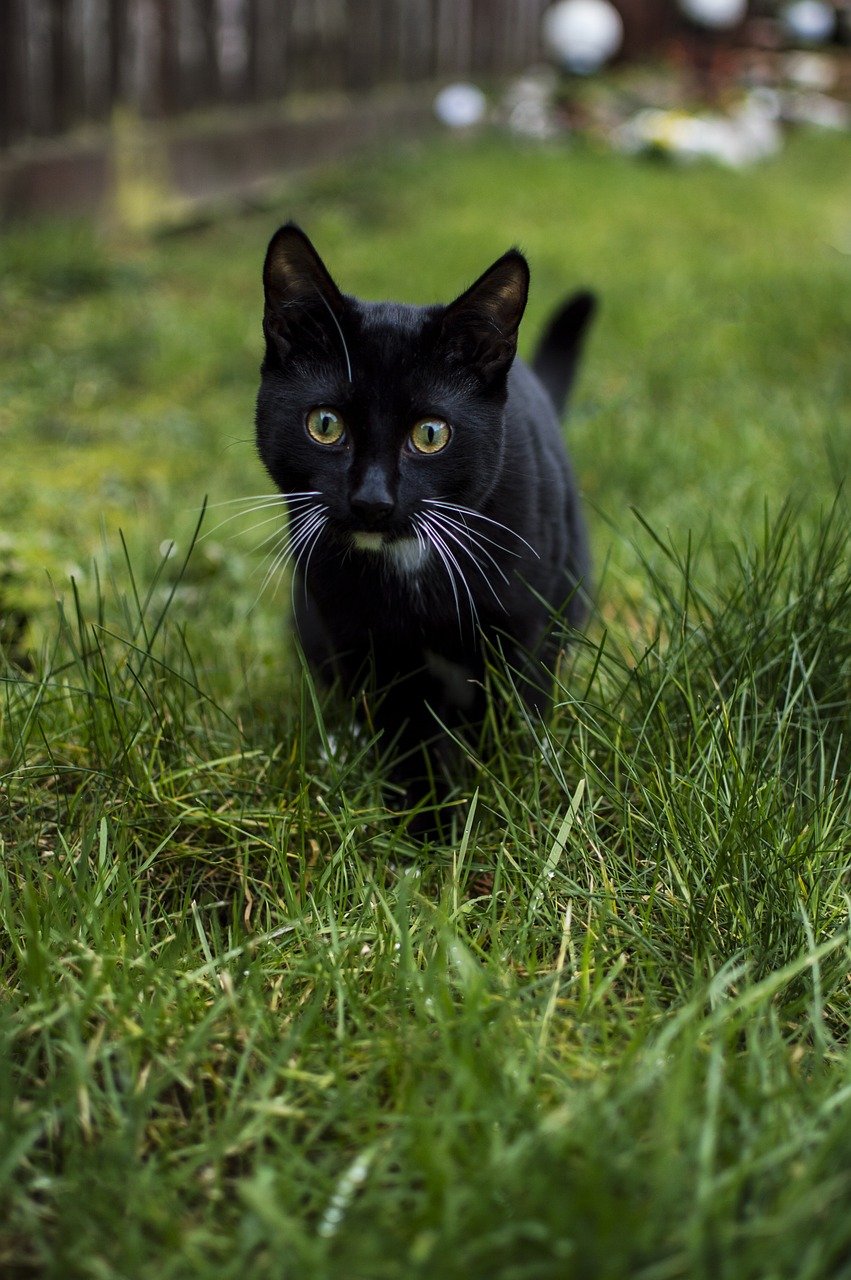
Purring is more than just a sign of contentment; it’s believed to have healing properties for both cats and humans. The sound frequency of a cat’s purr can have a calming effect, lowering blood pressure and reducing stress. When your cat purrs while snuggled up to you, it’s like a living, breathing relaxation soundtrack. This simple act can create a sense of peace, helping you navigate stressful moments with a little more ease.
Young Cats vs. Older Cats: Who Senses More?
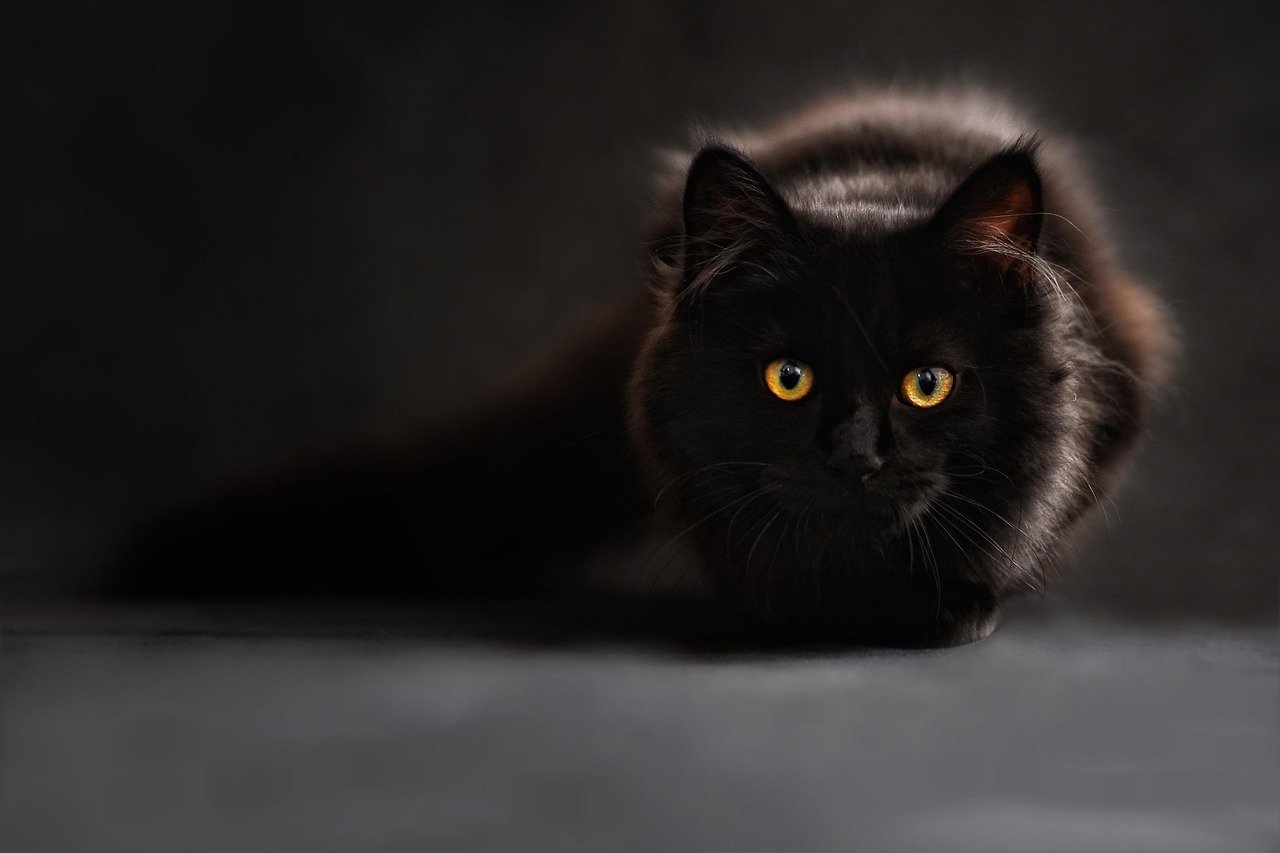
Age can influence how attuned a cat is to your emotional state. Older cats, with years of experience and familiarity, may be better at picking up on subtle cues and patterns. They’ve spent more time observing your routines and moods, making them seasoned experts in your emotional landscape. On the other hand, kittens are often more focused on play and exploration, but they can still be surprisingly sensitive to changes at home. Over time, even the most playful cats learn to notice the signs of stress in their favorite humans.
Environmental Factors That Influence Cat Sensitivity
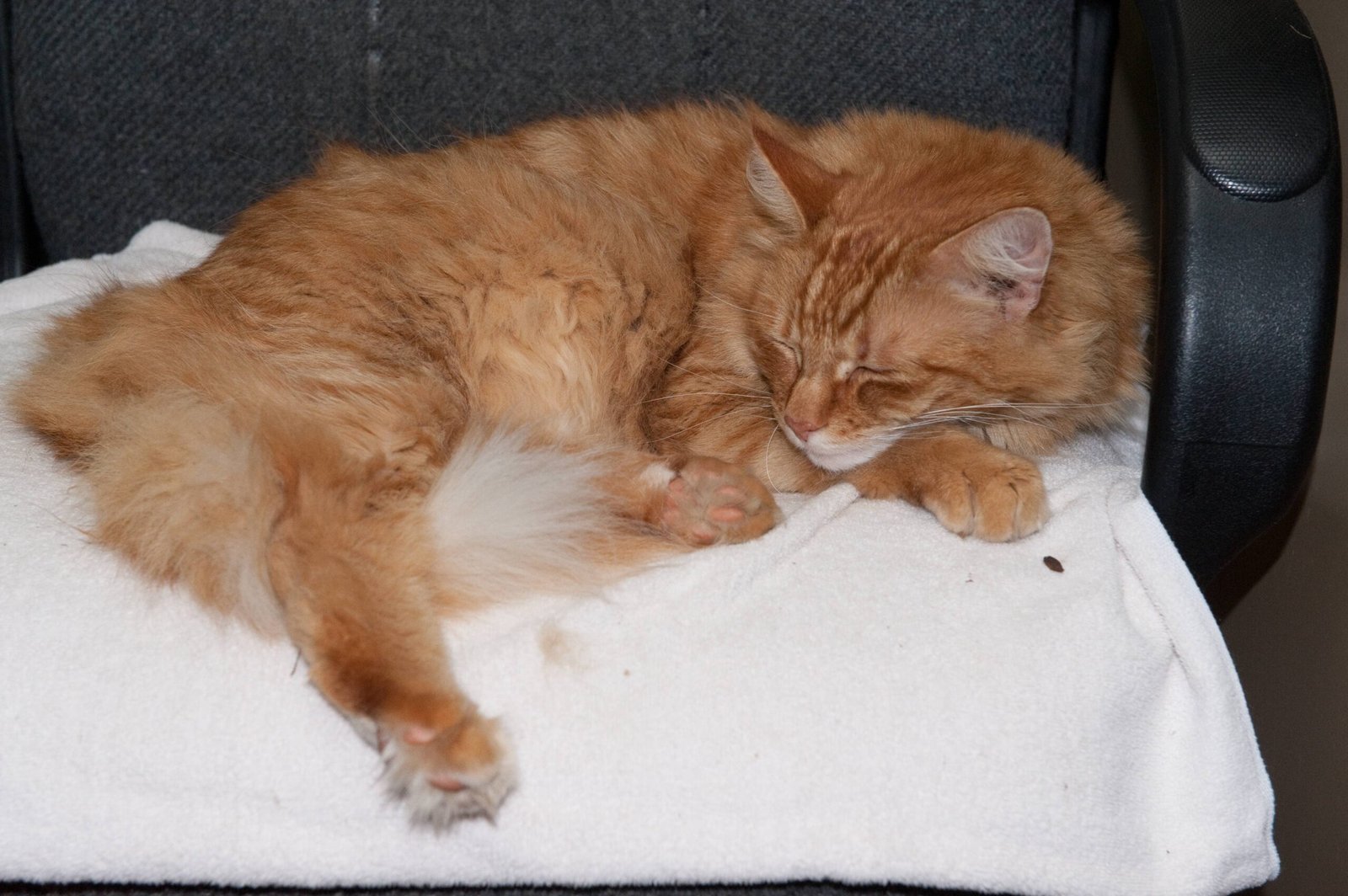
The environment you share with your cat can heighten or dampen their sensitivity to your emotions. A chaotic or noisy household can make it harder for cats to distinguish between everyday activity and genuine stress. Conversely, a peaceful and predictable environment allows them to focus more on you. Changes like moving, new family members, or even rearranging furniture can all impact how your cat perceives and responds to stress. Creating a stable, comforting space benefits both you and your feline companion.
Can Cats Predict Anxiety Attacks?

There are remarkable stories of cats seemingly predicting anxiety or panic attacks before they happen. Some owners report their cats suddenly becoming alert or refusing to leave their side moments before an episode begins. While science hasn’t fully explained this phenomenon, it’s possible that cats are picking up on subtle physical changes—like increased heart rate or altered breathing—that precede an attack. Their quick response can be a lifesaver, providing comfort just when it’s needed most.
How to Help Your Cat Cope With Your Stress
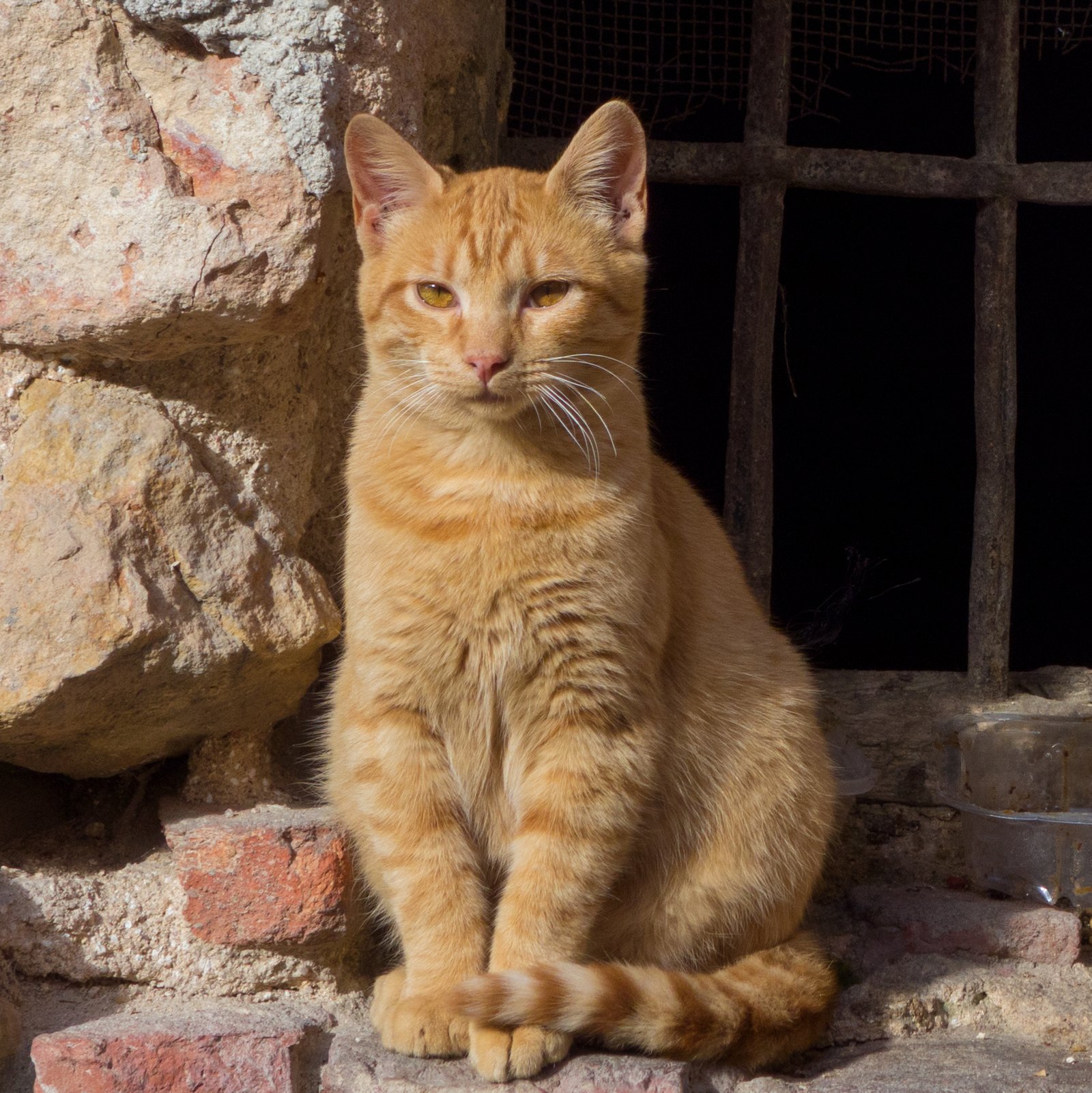
If you’re feeling overwhelmed, it’s important to support your cat, too. Maintaining routines, offering extra playtime, and creating quiet spaces can help your cat feel secure. You might also consider calming aids like pheromone diffusers or gentle music. Most importantly, spend time together. Even a few minutes of cuddling or gentle petting can reassure your cat and strengthen your bond during stressful periods.
Why Some Cats Withdraw When You’re Stressed
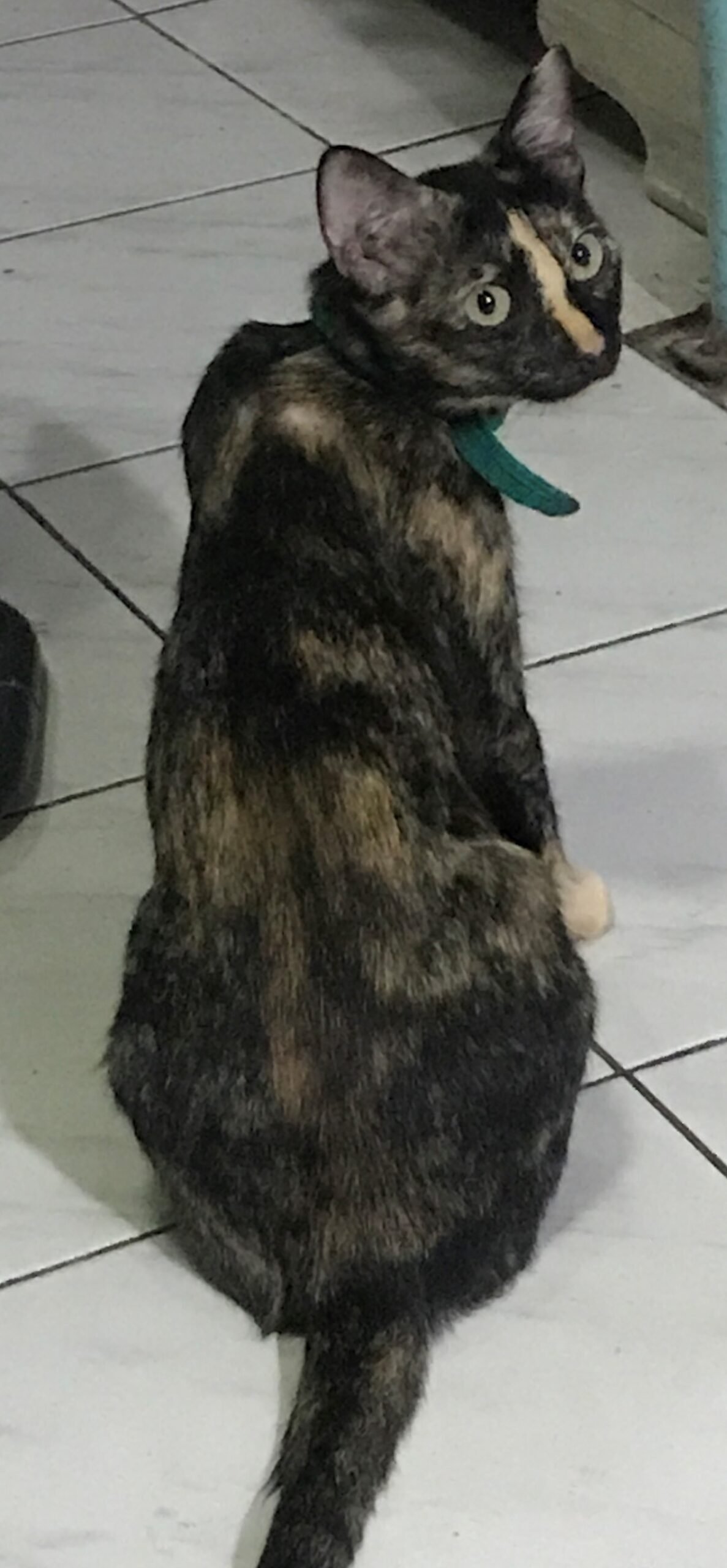
Not every cat reacts to owner stress by becoming more affectionate. Some withdraw, hiding under furniture or avoiding contact. This doesn’t mean they don’t care; instead, it may be their way of coping with increased tension. Cats are sensitive to energy and may need space to process the changes around them. Respecting their boundaries while offering comforting routines can help them feel safe and loved, even if they’re not as physically close.
Training Yourself to Notice Your Cat’s Signals
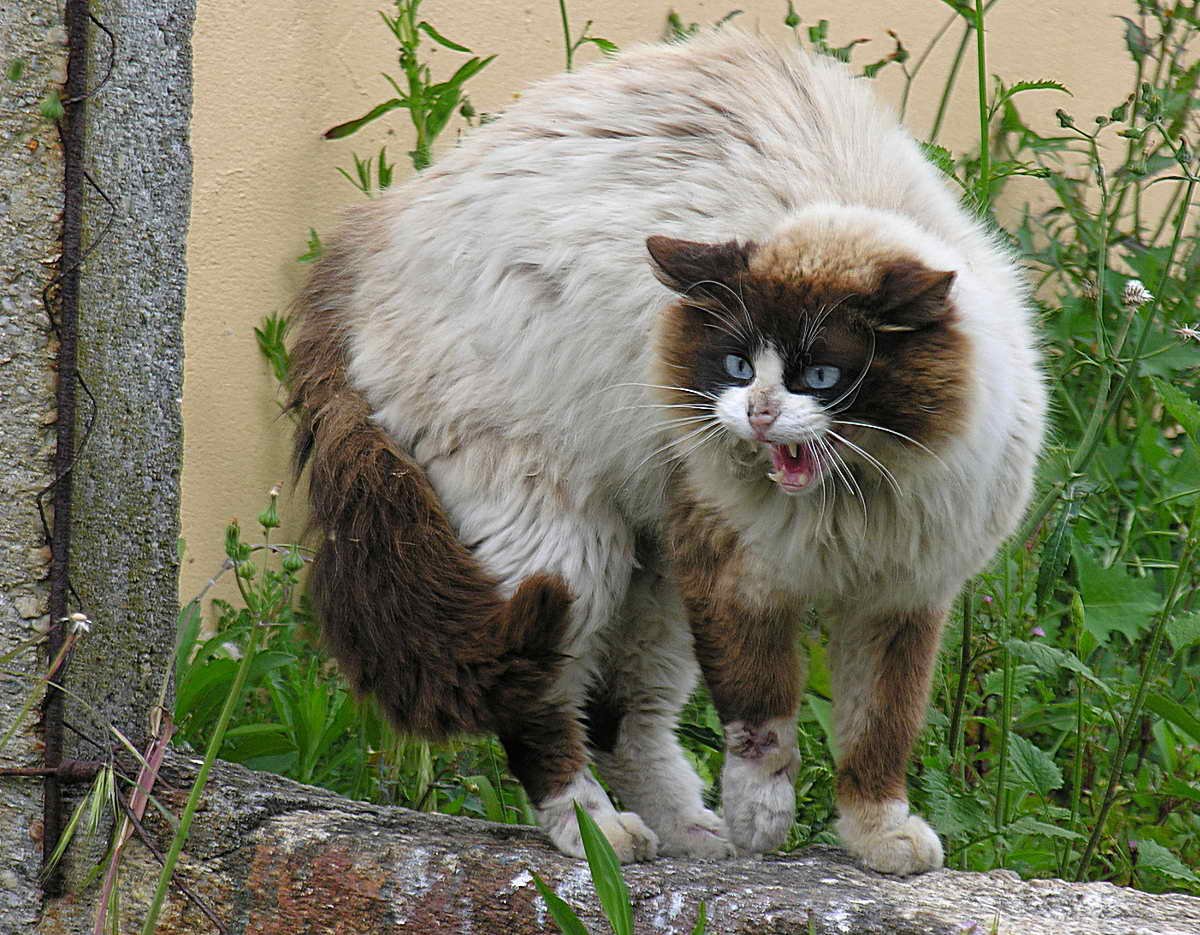
One of the best ways to deepen your connection with your cat is to become more aware of their signals. Pay attention to changes in their behavior, posture, and vocalizations during stressful times. By tuning in to your cat’s responses, you can catch early signs of stress in both yourself and your pet. This mutual awareness creates a supportive atmosphere where both human and feline can thrive.
The Future of Research on Cats and Human Emotions

As interest in animal emotions grows, so does research into how cats perceive and respond to human feelings. Scientists are developing new ways to measure stress, anxiety, and emotional connection between owners and their cats. The findings so far suggest that cats are far more perceptive than we once believed. As technology and understanding advance, we’ll likely uncover even more about the extraordinary ways our feline friends connect with us.
Can You Strengthen the Emotional Bond With Your Cat?
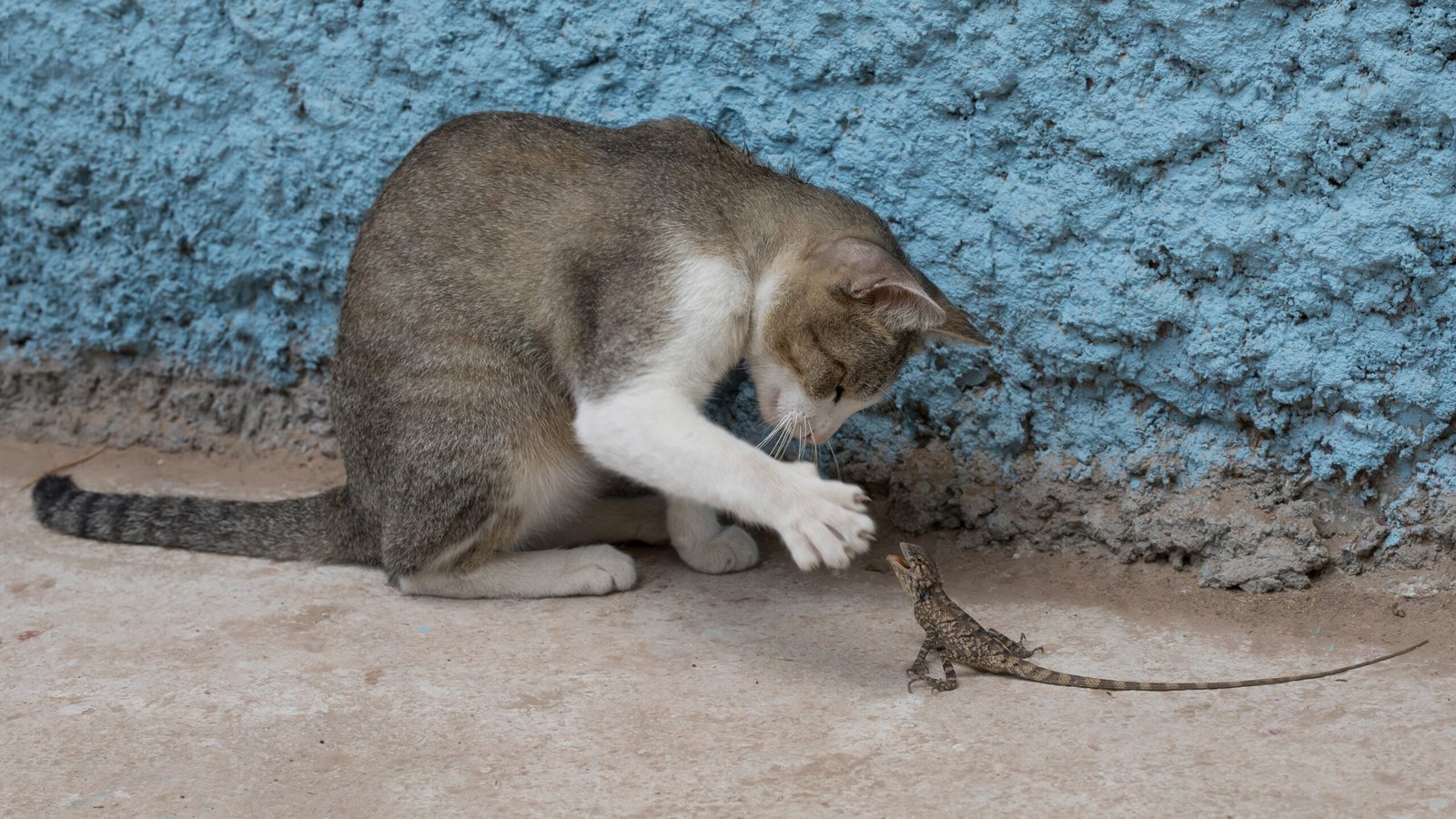
Absolutely! Spending quality time together, maintaining routines, and offering positive reinforcement all help build trust and understanding. The stronger your bond, the more sensitive your cat becomes to your needs. Simple acts like brushing, playing, or just sitting quietly together can deepen your connection. Over time, you and your cat develop a shared emotional language, making it easier for them to sense when you need a little extra love.
Hi, I’m Bola, a passionate writer and creative strategist with a knack for crafting compelling content that educates, inspires, and connects. Over the years, I’ve honed my skills across various writing fields, including content creation, copywriting, online course development, and video scriptwriting.
When I’m not at my desk, you’ll find me exploring new ideas, reading books, or brainstorming creative ways to solve challenges. I believe that words have the power to transform, and I’m here to help you leverage that power for success.
Thanks for stopping by, Keep coming to this website to checkout new articles form me. You’d always love it!






